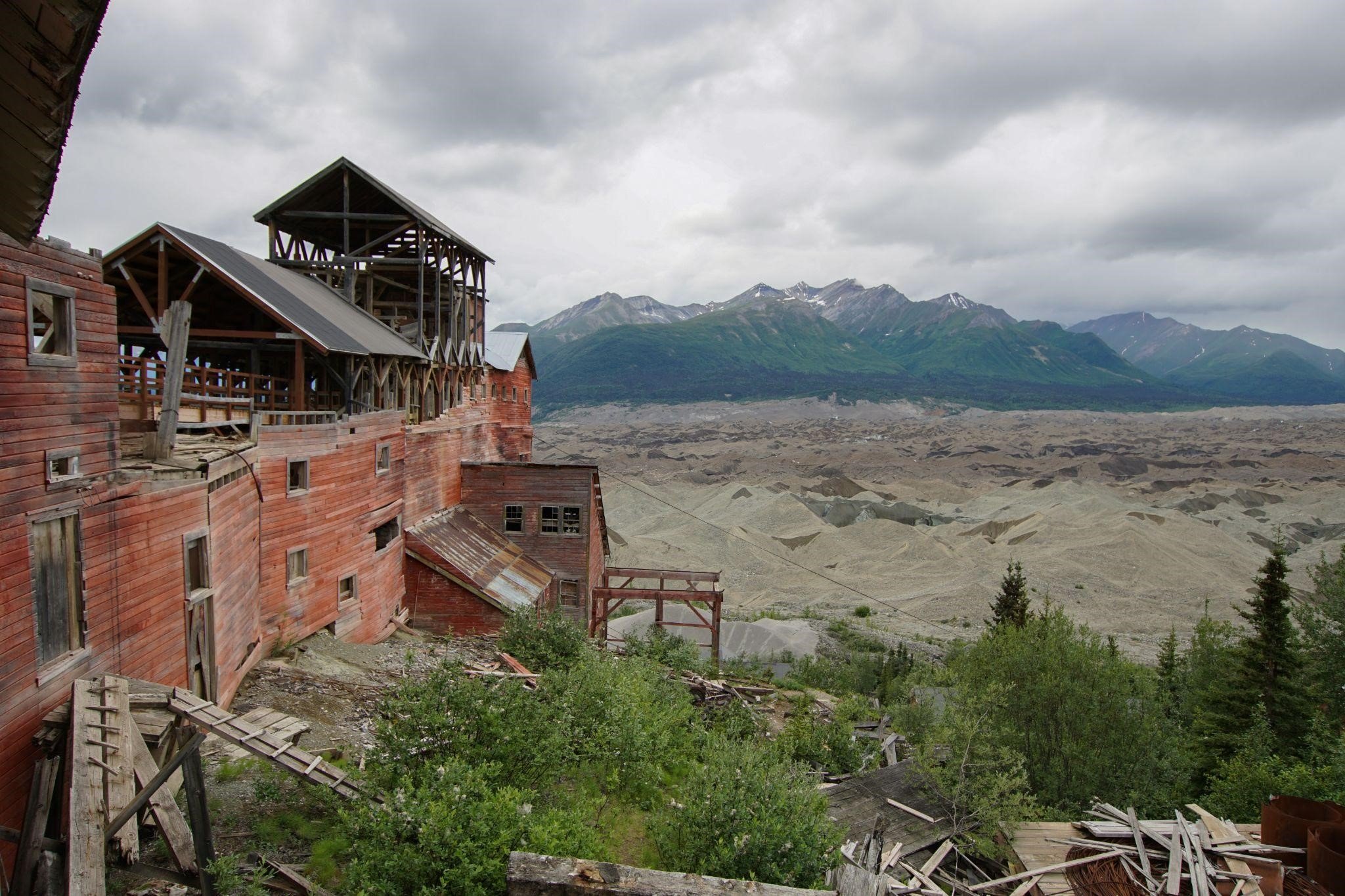Stories for our Planet
As a storyteller and communicator, I have ample experience writing and editing compelling narratives that distill complex environmental issues. Below is some of that content created for various mission-driven organizations.
-

Three Ways Heat Waves are Impacting Americans More Than any Other Disaster
National Wildlife Federation
It’s no surprise that people across the US—and the world—are experiencing higher average temperatures year-round. The effects of this changing climate are all around us, from prolonged 20-year droughts to longer and more dangerous wildfire seasons. But how exactly are heat waves impacting our health and livelihood?
-

How Climate Disasters are Shaping Our Everyday Lives, and What We Can Do About It
National Wildlife Federation
More than nine inches of rain inundated Vermont communities with catastrophic flooding and mudslides across the state and sent rivers to their second-highest levels ever recorded. Globally, unnatural disasters like this are becoming more frequent, intense, and longer-lasting because of climate change.
-

Mine-scarred Land and Orange Rivers – a Story of Land Degradation and Reclamation
National Wildlife Federation
Over 5,000 abandoned underground mines dot the landscape in Pennsylvania. Bright orange water contaminated with heavy metals from these underground mines flow back into the watershed and nearby reservoirs. Reclamation is a necessary tool to ensure water quality and land are restored for future generations and wildlife.
-

Why Cleaning Up Our Degraded Lands—All 4 Million of Them—Is a Climate Solution
National Wildlife Federation
You may be one of 9 million Americans who live within a mile of an orphaned well. Cleaning up and restoring degraded lands is an often-overlooked strategy for reducing avoidable emissions, capturing and storing more carbon, protecting green space, and revitalizing disenfranchised communities.
-

Living la Pura Vida: Costa Rica Photo Journal
National Geographic
In Costa Rica, "pura vida" means much more than "pure life" or "take it easy"—it is the expression of eternal optimism. Uttered often in the jungle-shrouded Central American nation, “pura vida” is used as a greeting, as an answer to questions, and as a general reference to how things are going. Stay awhile, and this saying can change your perspective.
-

Go With Nat Geo: Central America
National Geographic
Featuring two eco-lodges in Central America, I authored the travel content section for National Geographic Traveler magazine’s "Go With Nat Geo" Central America spread in the August/September 2019 issue.
-

From coastal city to high-altitude agriculture: a look at Argentina’s climate challenges
Virginia Tech
From the temperate coast to the high desert plateau, Argentina’s enormous variation of climatic regions supports diverse biota and cultures that coexist under one namesake. We explore the Argentine experience, with its range of climate challenges facing the modern and sophisticated cities, Indigenous communities, high-altitude wine producers, agricultural sector, and mining industry.
-

Ensuring justice is at the center of environmental decision-making
Virginia Tech
Justice, no matter if it’s environmental, climate, economic, or social, requires the participation and collaboration of diverse groups. It also requires a bottom-up approach where those who have the funding to right the wrongs, such as the federal government, engage and listen to the concerns of affected communities.
-

African transformations—examining systematic inequality and resource management in South Africa
Virginia Tech
South Africa is a land of extremes—extreme weather, extreme wealth divide, and extreme inequality. It’s easy to see the legacy of historic apartheid in the systematic failures that disproportionately affect communities of color and low-income residents in South Africa. This disenfranchisement, and the systems that created and sustain it, were overarching themes during this global study trip.
